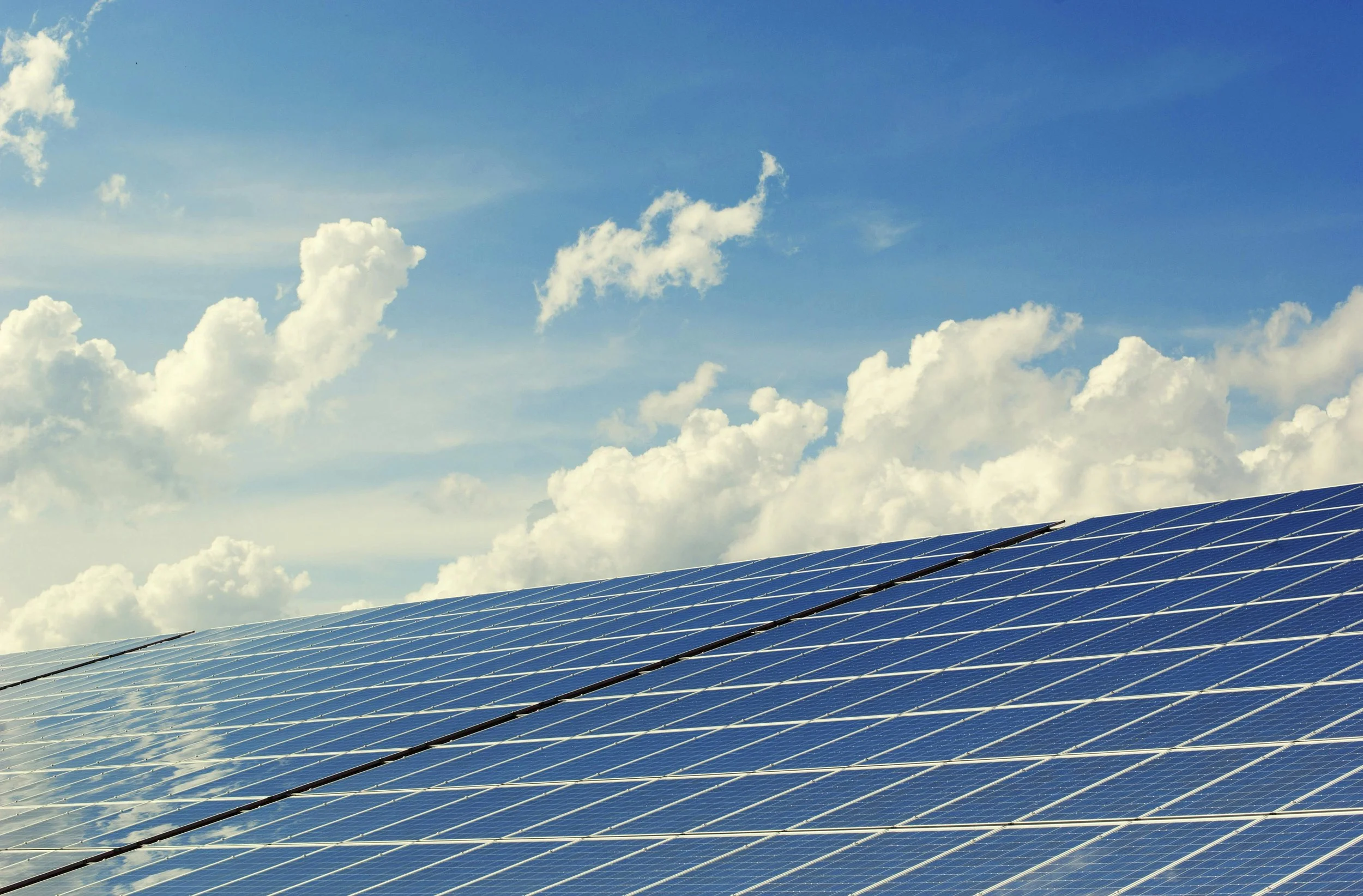The Big Beautiful Bill Act and the Future of US Energy Policy
August 1, 2025
On July 4, 2025, President Trump signed the One Big Beautiful Bill (BBB) Act into law. The bill eliminates significant federal clean energy policies and initiatives, while sparing others. The BBB scaled back the clean energy investments established under the Inflation Reduction Act (IRA) to fund other priorities, including tax cuts, defense spending, and immigration enforcement.
Cuts to Major Clean Energy Incentives
The BBB cut several clean energy incentives originally established under the IRA. Some of these incentives include an energy tax credit that covers 30% of costs for home upgrades like heat pumps, solar panels, and building insulation. Without these credits, home energy bills are expected to rise by approximately $100 per household by 2026. Additionally, electric vehicle tax credits of $7,500 expire on September 30, 2025 and the 30% credit for charging station installation expires by June 2026. While utility scale wind and solar credits were not entirely eliminated, the new rules require new projects to begin construction within the next 12 months and come into service by 2027. Although, this is further complicated by a recent Trump Executive Order that aims to eliminate subsidies for solar and wind despite the BBB. This tight timeline threatens the planned development of 140 GW for solar capacity and 160 GW for wind capacity.
Clean Energy’s Survivors
Some clean energy incentives survived, particularly for advanced environmental technologies such as carbon capture, clean hydrogen, fuel cells, enhanced geothermal, and small modular nuclear reactors. These credits were preserved due to bipartisan economic interests, as these incentives provide important local job creation and economic benefits. While the United States is stepping away from traditional solar and wind technologies, it is preserving the development of clean energy technologies such as geothermal and small modular nuclear reactors.
The BBB represents a shift in how the United States is pursuing decarbonization that sets itself apart from the rest of the world. Rather than strengthening renewables and electrification, the U.S. is pursuing a decarbonization pathway that includes a tethering to fossil fuels. The bill expands fossil fuel production, opens more federal land for oil and gas leasing, and places carbon capture and storage as the central decarbonization strategy, while sacrificing environmental goals.
States Step Up
As the federal government rolls back clean energy investments, responsibility is shifting to the state and local level. States like California will be impacted, with at least 60 energy projects hurt by the BBB. New York and Minnesota are adjusting budgets to protect energy jobs impacted by federal cuts. Despite federal setbacks, state and local environmental programs, such as benchmarking and building performance standards, are progressing forward. Local jurisdictions will continue to be examples of environmental leadership, as the passage of the BBB has ignited environmental efforts in many locations across the U.S.
About Touchstone IQ
As local jurisdictions take the lead on energy policy, organizations need to keep up with evolving local requirements. Touchstone IQ helps clients navigate this shifting landscape through expert support and intuitive software. Our Energy & Sustainability Specialists work alongside our platform to provide clear, actionable guidance on benchmarking and building performance standard requirements across all jurisdictions.
Need help staying compliant? Get in touch - we’ll make sure your buildings stay on track.
About the Authors
Vincent Jasso is the Energy & Sustainability Policy Manager for Touchstone IQ. He holds a Juris Doctorate with a Certificate in Environmental, Natural Resources, and Energy Law from Colorado Law. He is also a graduate from the University of Arizona with degrees in Public Management & Policy and International Relations. Vincent has publications in Sustainability Science and the Arizona Journal of Environmental Law and Policy.
Sophie Strausser is an Energy & Sustainability Specialist for Touchstone IQ. She holds a Professional Science Master’s in Ecosystem Science and Sustainability with a Certificate in Carbon Management from Colorado State University. She received the Warner College Robert Davis Honor Senior Memorial Award for academic excellence and leadership.


